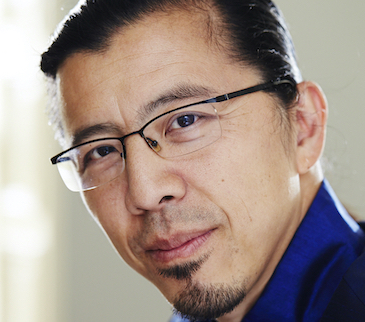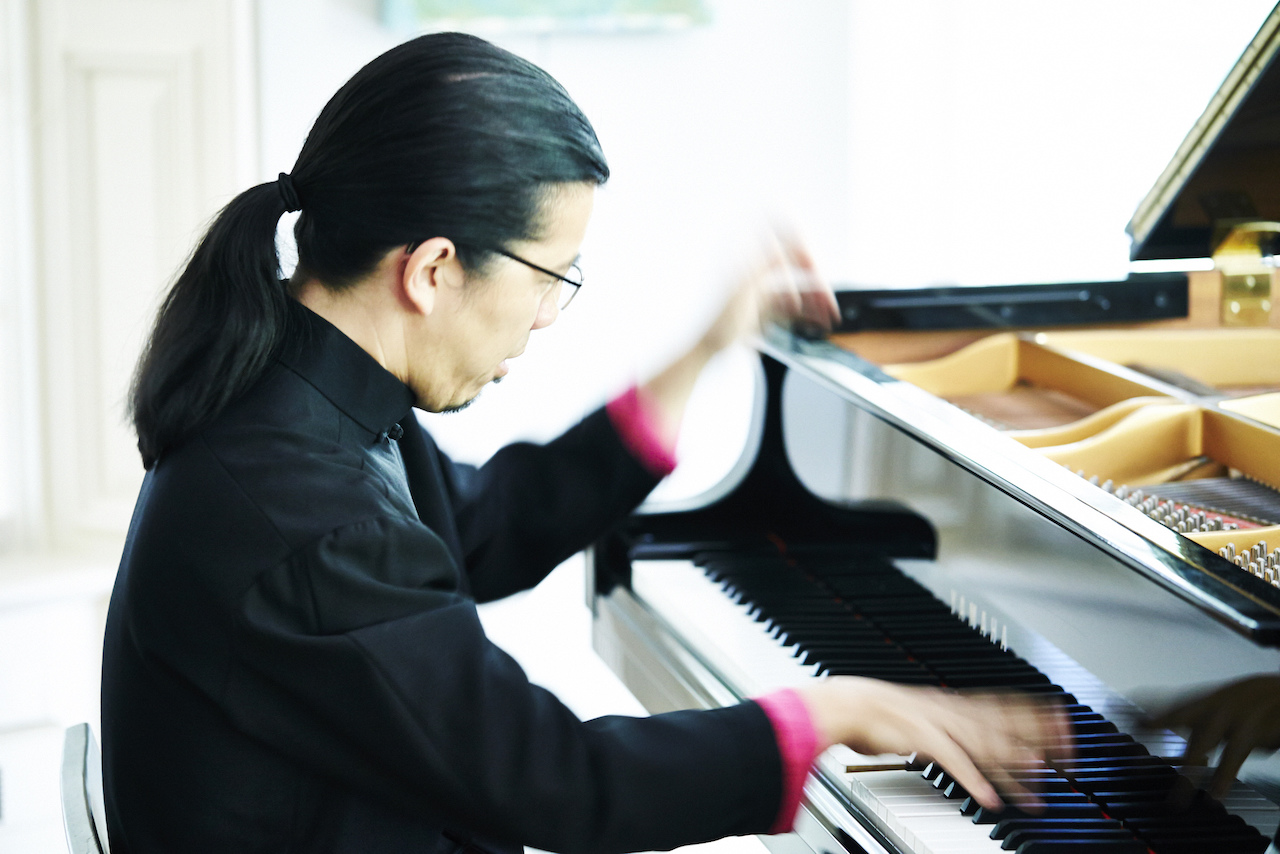While I do Mental work and Emotional work, I still do physical practice. Everybody will require a different amount of basic, fundamental physical work. And I do believe that your basic amount is much less than you think! A lot of physical practicing happens for emotional support rather than physical support. And mental practicing done at the piano is very inefficient and is better done away from the instrument.
A good analogy is a car. Imagine you want to drive somewhere, and you don’t have a car and you’re in some remote place. You can only order car parts and get them delivered as a kit. The parts come one by one and you spend your mornings assembling all these pieces, following instructions, learning what goes with what. You must learn about hydraulics. You must learn about combustion, electricity, and welding. At some point you’re going to have a working car in your garage and all you need to do then is drive it. If you maintain it, it’s not going to fall apart. Of course, if you don’t put oil in it, it will fall apart. If you don’t put gas in it, it will stop running. You must change the wipers. You must change batteries, you must do maintenance stuff, but the physical structure doesn’t degenerate if you don’t build it one morning.
Find a balance between physical and mental practicing.
My sense of the physical structure that we’ve built over however many years of playing is that the muscles aren’t going to wither away in a day or a week. Certainly, in a month you’ll start seeing some issues. So, there must be practicing. But it’s dangerous to determine your physical practicing based on your emotional needs; it will always be more than what you really physically need. I used to practice many hours a day because I didn’t believe I could play at my best unless I hit that number. To the extent that it becomes a superstition, a ritual, a story you tell yourself about yourself, you are doing your physical practicing only to satisfy your emotional need. And if you’re physically practicing more than you physically need, basically you’re wasting your time. That time could be spent doing mental or emotional work or something else.
Learn how to determine your physical practice needs.
The real way to know how much you need physically is to not practice for a while. For example, I give a Scarlatti sonata to my students and ask them to learn it without physical practicing. When they eventually sit down to play it, they realize, “wow, this whole passage is just basic arpeggios that I already have in my reflexes. I just need to know which ones to play when and how to string them together.” So, you realize by doing an exercise like that how much can be done with mental work and emotional work. What’s left is physical work and is usually very little. And of course, some pieces require more. Some pieces require much, much less. Some passages require more, some passages require less. Once you let yourself make that kind of distinction, it becomes very clear what you need to work on to create physical reflexes that stay with you and what you need to play. Essentially you create mental and emotional reflexes, and the physical stuff follows.
Read more articles about mental practicing by Frederic Chiu.
Meditation and Free-Association in Mental Practicing
Frederic Chiu copyright© 2020

Frederic Chiu
Frederic Chiu is a piano faculty at Carnegie Mellon University and the Hartt School. He performs at major venues on five continents: Lincoln Center in New York, Kennedy Center in Washington, The Chatelet in Paris, the Mozarteum in Buenos Aires, as well as touring extensively in smaller and unusual venues. He collaborates with Classical music friends Joshua Bell, Pierre Amoyal and the St Lawrence String Quartet, as well as non-Classical friends like jazz pianist Bob James or storyteller David Gonzalez, to bring vivid live piano experiences to all audiences.
Frederic Chiu has recorded the most extensive complete piano works of Prokofiev, and his personal relationship with the Prokofiev family has made him a world-recognized advocate of the composer. Across 28 albums, he has recorded works of Chopin, Liszt, Ravel, Mendelssohn, Brahms, Rossini and Grieg, and most recently the Beethoven/Liszt Symphonies V and VII. “Hymns and Dervishes,” music of Gurdjieff/de Hartmann, Distant Voices: Music of Claude Debussy & Gao Ping, and Schubert’s Fantasy for Violin and Piano demonstrate his wide legacy in recording.



Comments are closed.